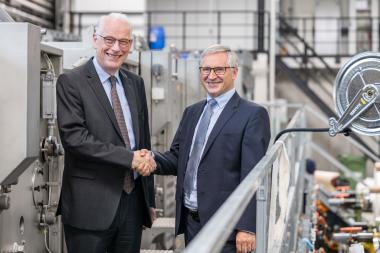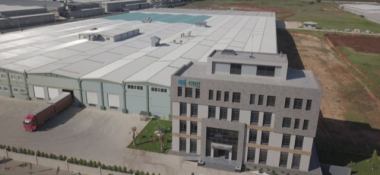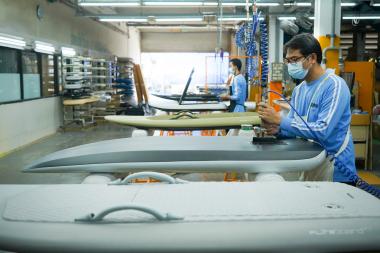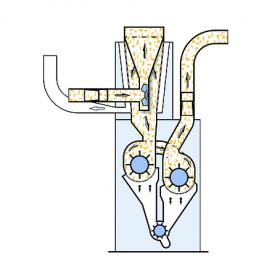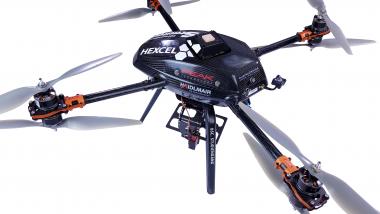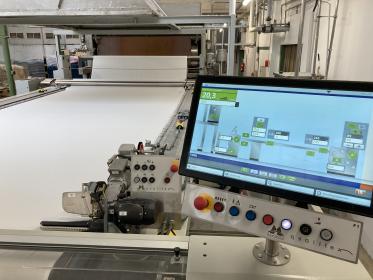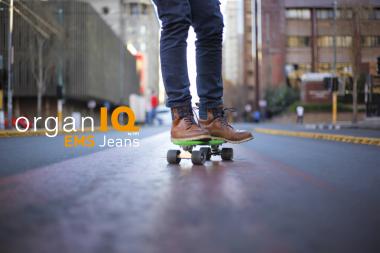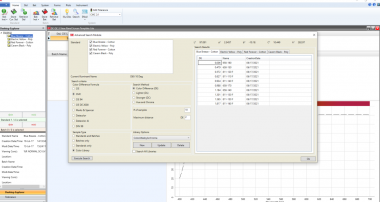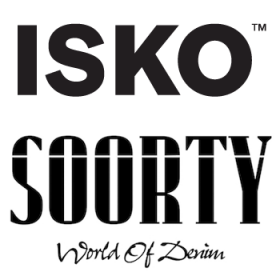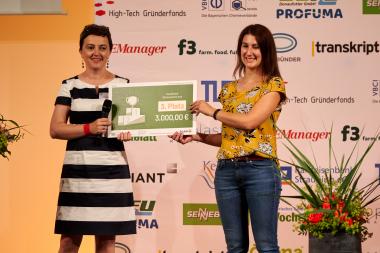Change in leadership at Schoeller Textil AG: Kath succeeds Winkelbeiner
Schoeller Textil AG, the Swiss textile and technology company, announces a shift in leadership as Joachim Kath takes over as CEO. Following a 10-year career at the global textile solutions brand, CEO Siegfried Winkelbeiner is moving into his retirement later this month. Joachim Kath, who comes from the chemical industry, has been working closely with Winkelbeiner as COO at Schoeller for the past year and a half.
The transition comes after long-term planning. Since February 2020, and in close partnership with Siegfried Winkelbeiner, Joachim Kath (on the left) has been preparing as Schoeller COO to take over its management. Joachim Kath originally comes from Flensburg (DE) and, following his studies of Chemical Engineering in Karlsruhe, shaped his professional career in the chemical industry with Ciba (-Geigy) / BASF in Basel (CH). His career over 30 years has incorporated engineering, production and marketing & sales in diverse management functions – in a wide range of business segments for various industries and areas of application around the globe. Joachim Kath spent 12 years of his career dedicated to textile finishing, with a period of intensive travel in Asia and a 3-year stay in the USA.
Asked how he sees himself, Joachim Kath said: “The common thread running through all my assignments and business activities is process orientation, interest in new paths, and an instinct for what is feasible – with the goal of achieving customer benefits and satisfaction. Kath aims to ensure that Schoeller can continue to face the challenges of changing market requirements with outstanding and exceptional products, while evolving and innovating to stay ahead of consumer needs for the future. High performance capability, sustainable product development, premium quality, reliability, productivity, and keeping the customer as the central focus of all activities continue as essential keys to Schoeller’s continued business success.
Schoeller Textil AG


